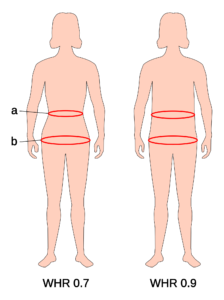Evidence shows that taking regular exercise such as walking is associated with a lower risk of cancer. A study of over 85,000 UK adults by NIH and Oxford researchers reveals that daily physical activity reduces cancer risk. Although earlier studies linked physical activity to lower cancer risk, they often used self-reported data, which inaccurately measured activity intensity. Also, objective measures in past studies mostly focused on high-intensity activities.
A recent NIH-led study tracked UK Biobank participants (average age 63) wearing wrist accelerometers to measure activity for a week. Researchers tracked daily activity over 5.8 years, finding that the most active individuals had a 26% lower risk for 13 cancers, including breast and colorectal. They also found that walking 7,000 steps daily lowers risk by 11%, while 9,000 steps reduce it by 16%, compared to 5,000 steps. However, this benefit levels off beyond 9,000 steps, emphasizing the importance of consistent physical activity for optimal health.
Besides walking, a study published in the Journal for Clinical Oncology shows that meeting the recommended weekly physical activity levels equal to 2.5–5 hours of moderate exercise or 1.25–2.5 hours of vigorous exercise greatly lowers the risk of seven out of 15 cancer types. These include colon, breast, endometrial, kidney, multiple myeloma, liver, and non-Hodgkin lymphoma. Increasing physical activity further enhances the risk reduction for some of these cancers.
This underscores how staying physically active can significantly reduce the risk of developing cancer. Regular activity, even light-intensity, improves health, with researchers emphasizing the need to stay active for maximum benefits. These insights showcase how incorporating physical activity into daily life plays a pivotal role in improving health outcomes and wellbeing.
Simple, Enjoyable and Practical Ideas to Improve Your Daily Step Counts
- Incorporate walking into your routine: Walk while making phone calls, take stairs instead of elevators.
- Schedule walk breaks: Take short walks during work breaks or set reminders to move every hour.
- Walk with a purpose: Run errands on foot or take a brisk walk after meals for added health benefits.
- Turn it into a social activity: Invite friends or family for a walk, or join a walking group for motivation.
- Explore new places: Find nearby parks or trails and make walking more exciting by changing your scenery.
- Set step goals: Use fitness trackers or apps to monitor progress and challenge yourself to hit daily targets.



